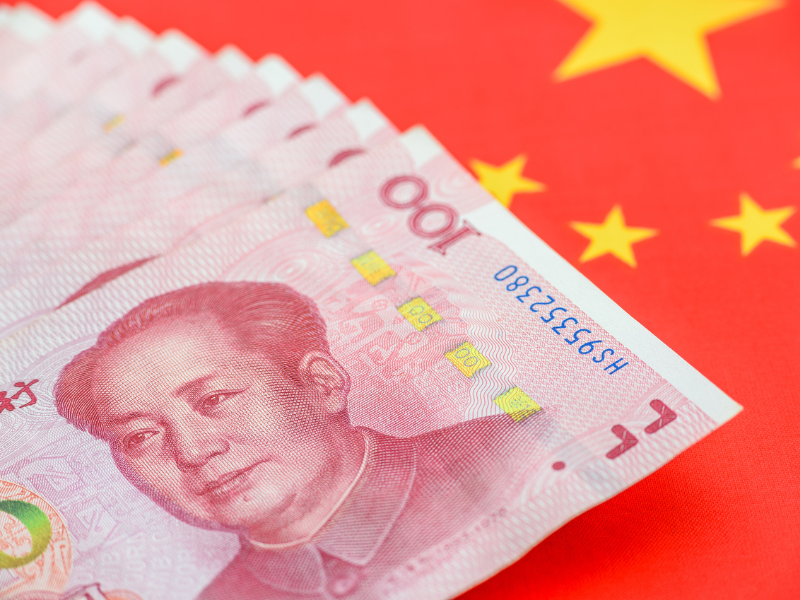The Fraser Institute recently released the 2023 Economic Freedom of the World and the U.S. improved one spot to rank 5th globally. Hong Kong has fallen from the top spot for the first time, signifying a looming dilemma for China.
Economic freedom refers to the freedom of individuals “to choose for themselves and engage in voluntary transactions as long as they do not harm the person or property of others.” Testing whether markets outperform government control of economic activity requires a good measure of government intervention, constructed for many countries and many years.
The Fraser index rates 165 countries on five areas: size of government, legal system, access to sound money, international commerce, and regulation. The overall score averages the five area scores. The metric scores nations on a 0 (least freedom) to 10 (most freedom) scale.
Each year’s ratings are from two years prior, given lags in the release of all the component data. The U.S. score of 8.14 is slightly improved from 8.11 in 2020 but still down from 8.35 in 2019. The freest economics are Singapore (at 8.56) followed by Hong Kong and Switzerland. The bottom feeders are Syria, Zimbabwe, and Venezuela (last at 3.01).
In 2020, the average national freedom score dropped from 6.94 to 6.77 due to responses to the COVID pandemic. Government spending, inflation, and restrictions on international commerce drove the decline. The pandemic decline has halted, with world average freedom holding at 6.77.
Economic freedom correlates with almost all of life’s good things. When ranked based on economic freedom, the freest countries outperform the least free on per capita income, life expectancy, infant mortality, poverty rate, social progress, and the UN World Happiness Index. Freedom does not just benefit the elite. The poorest households in the freest countries earn $14,204 annually versus $1,736 in the least free countries.
Hong Kong’s EFW score declined from 8.95 in 2019 to 8.55 in 2021. Many observers view China as a rising economic powerhouse. But central economic planning has failed everywhere it has been tried, from the Soviet Union to China, India, North Korea, Cuba, and Puerto Rico. The alleged success of socialism in Scandinavia is misleading; these countries feature market economies with high levels of taxation and government spending. Entrepreneurs – not bureaucrats – direct Scandinavian economies.
China moved away from central planning after 1978. China’s economic freedom score is not particularly high, ranking 111 this year (although much improved from its scores in 1980 and 1990). But some regions possess significant economic freedom.
Signs of waste due to government control exist in China, exemplified by perhaps as many as 50 “ghost cities” built by the government but never occupied. In calculating GDP, government expenditures get valued at cost. This enormous, wasted investment boosted China’s measured GDP.
China’s authoritarian turn risks driving businesspeople away. Entrepreneurs seeking to build business empires will not want their creations seized from them.
The Chinese Communist Party (CCP) appears to be offering a deal to the nation: prosperity in exchange for remaining in power. This is a viable option: South Korea, Singapore, and Hong Kong became wealthy without democracy. Economic freedom drives prosperity, not voting.
China’s economy is highly integrated with the world economy. China’s exports totaled $3.5 trillion – including $536 billion to the U.S. – in 2022. These exports come from factories specialized in making IPhones, furniture, and other goods for customers across the world. These factories cannot easily be repurposed to produce for China’s domestic market.
The CCP might well be able to remain in power, but another Tiananmen Square crackdown would generate enormous pressure on international companies to exit China. Russia’s exports fell 28 percent between January 2022 and January 2023 after the invasion of Ukraine. The economic dislocation from disruption of China’s exports would threaten political stability.
Hong Kong’s fall is the proverbial canary in the coal mine. Government direction of economic activity works poorly badly. Authoritarianism may keep the CCP in power but derail China’s economic progress.





